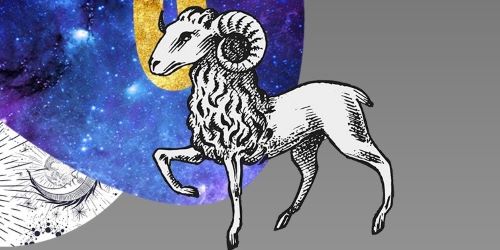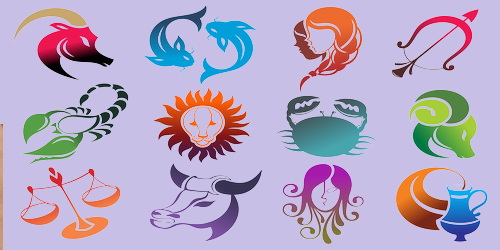
What Is Astrology?
The unknown future has always fascinated man. We always want to know what the future has in store for us, where it will take us and the factors that affect our mysterious future.
Astrology dates from the first Human Consciousness. It is the study of the relationship between movements of the Sun, Moon and planets of our Solar System and events on Earth and how it can be used to understand a person’s personality, successes and failures and to forecast how someone will feel or behave over a period of time. It can even be used to plan the best time to do various things. Countries and cultures all over the world have developed ingenious ways to probe into one’s future and reveal to us the unknown.
The planets in the solar system impart significant impact on human lives. De facto, a type of divination based on the theory that the positions and movements of celestial bodies (stars, planets, sun, and moon) at the time of birth profoundly influencea person’s life, is the science of planets or Astrology in its traditional form.
Conditions
Why are the initial conditions more important than all subsequent conditions for one’s personality and traits? Why is the moment of birth chosen as the significant moment rather than the moment of conception ? Why aren’t other initial conditions such as one’s mother’s health, the delivery place conditions, forceps, bright lights, dim room, back seat of a car, etc., more important than whether Mars is ascending, descending, culminating, or fulminating?
No one would claim that in order to grasp the effect of the moon on the tides or potatoes, one must understand initial conditions of the Singularity before the Big Bang, or the positions of the stars and planets at the time the potato was harvested. If you want to know what tomorrow’s low tide will be, you do not need to know where the moon was when the first ocean or river was formed, or whether the ocean came first and then the moon, or vice-versa. Initial conditions are less important than present conditions to understanding current effects on rivers and vegetables. If this is true for the tides and plants, why wouldn’t it be true for people?
Popularity
Even professional astrologers, can’t pick out a correct horoscope reading at better than a chance rate. Yet, astrology continues to maintain its popularity, despite the fact that there is scarcely a shred of scientific evidence in its favor.
The position of the planets and the sun and moon in the twelve houses at the moment of birth is decisive. They are divided into day-stars (Saturn, Jupiter, and also the sun) and night-stars (the moon, Mars, and Venus); Mercury belongs both to day and nightThe planets are farther divided by their genders. While, the sun, Jupiter, and Mars are masculine; the moon and Venus are considered feminine, Mercury belonging again to both classes.
Jupiter (fortuna major) and Venus (fortuna minor) are good planets; Saturn (infortuna major) and Mars (infortuna minor) are malignant planets. The sun, moon, and Mercury have a mixed character.
Influence
Each of the planets known to antiquity, including sun and moon, ruled a day of the week; hence the names still used to designate the various days. Judicial astrology also took into consideration the position of the sun in the zodiac at the moment of birth; the signs of the zodiac also had a special astrological significance in respect to the weal and woe of the newborn, particularly his health. In medical astrology every sign of the zodiac ruled some special part of the body, for example: Aries, the Ram, the head: its diseases; Libra, the Balance, the intestines.
Judicial astrology postulates the acceptance of the earth as the centre of the solar system. Natural astrology predicts the weather from the positions of the planets, especially the moon. Many of its theories are not to be rejected a priori, since the question of the moon’s meteorological influence still awaits a solution, which must depend upon the progress of human knowledge as to ether waves and cognate matters.








